📰 Police search former Brazilian President Jair Bolsonaro’s home, political headquarters
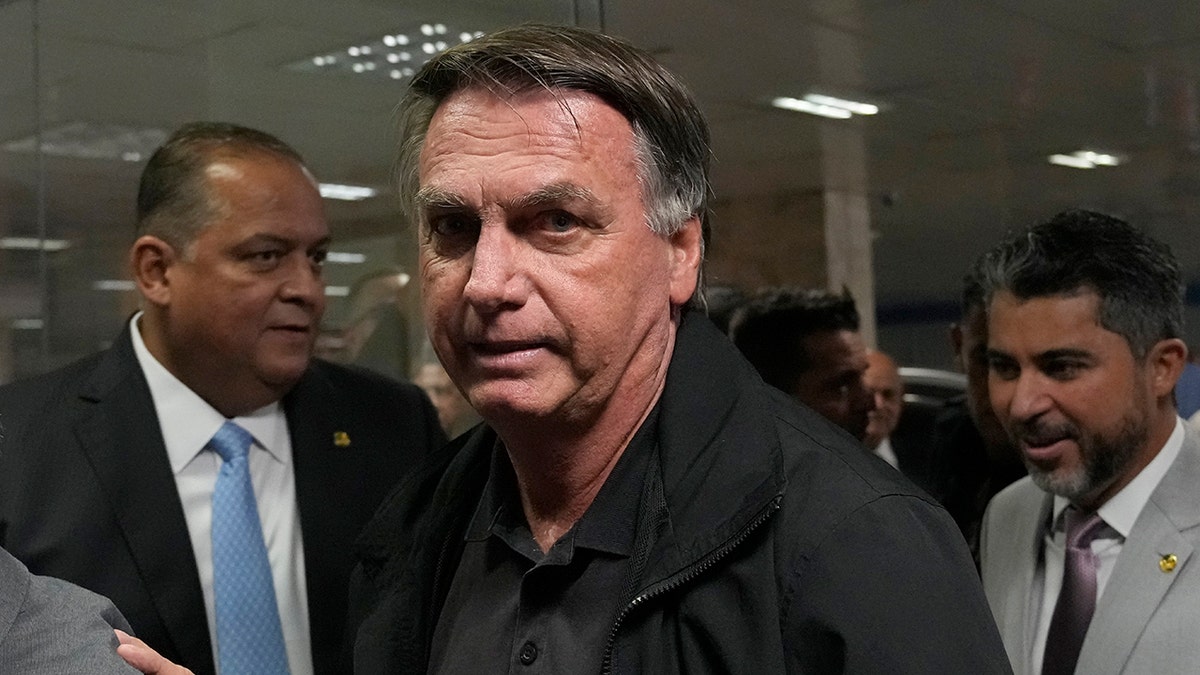
Brazilian police have searched the home and political headquarters of former President Jair Bolsonaro, executing two search and seizure warrants. While police did not confirm if Bolsonaro was the target, local media outlets suggest he was. Reports indicate that Bolsonaro has been given an ankle monitor and is not allowed to leave home between 7:00 p.m. and 7:00 a.m. Furthermore, he is prohibited from contacting foreign ambassadors and diplomats. The situation is ongoing, and updates are expected.
📰 Regional powers clash after Israel targets Syrian territory in defense of vulnerable Druze civilians
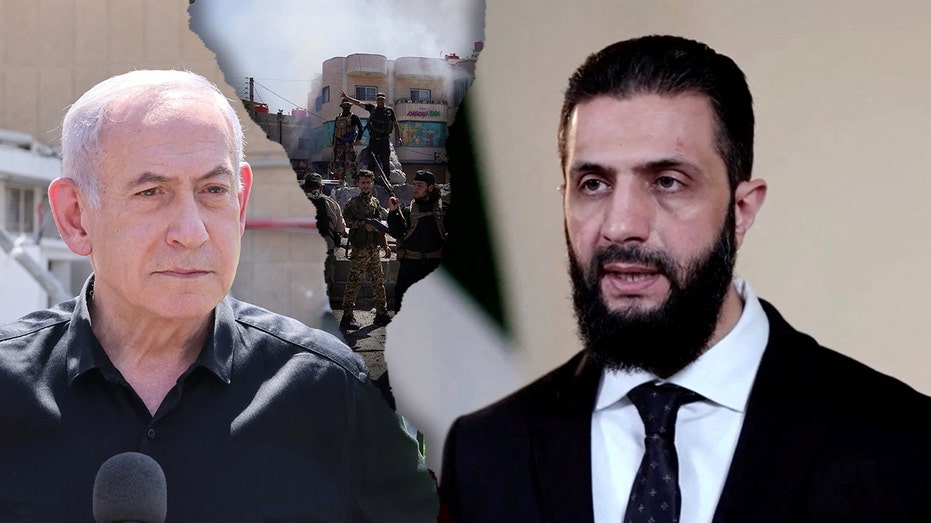
Israel’s recent military strikes in Syria were in response to atrocities against the Druze minority and have escalated a power struggle involving Iran, Turkey, Israel, Saudi Arabia, and the U.S. The ceasefire agreement between Druze factions and the Syrian government remains fragile, with sporadic fighting and tensions persisting. The collapse of order in Syria has sparked debate in Israel, with some advocating for supporting Syrian transitional President Ahmed al-Sharaa and others calling for broader military action. There are calls for a regional diplomatic effort to stabilize Syria and leverage Israeli military power for diplomatic purposes. Iran remains a long-term threat in the region, waiting to exploit the mistakes of other powers.
The situation in Syria has shifted the dynamics of the region, with various countries vying for influence and stability. The involvement of different regional actors like Iran, Turkey, and Israel has complicated the conflict further. The Druze minority in Syria and Israel has become a focal point of the conflict, with implications for domestic and international politics. The need for a diplomatic solution and strategic planning to prevent further escalation is crucial in the current context. The role of the U.S. and other global powers in mediating the conflict and preventing a larger crisis is emphasized.
📰 UK government to lower voting age to 16 before next national election despite strong conservative opposition
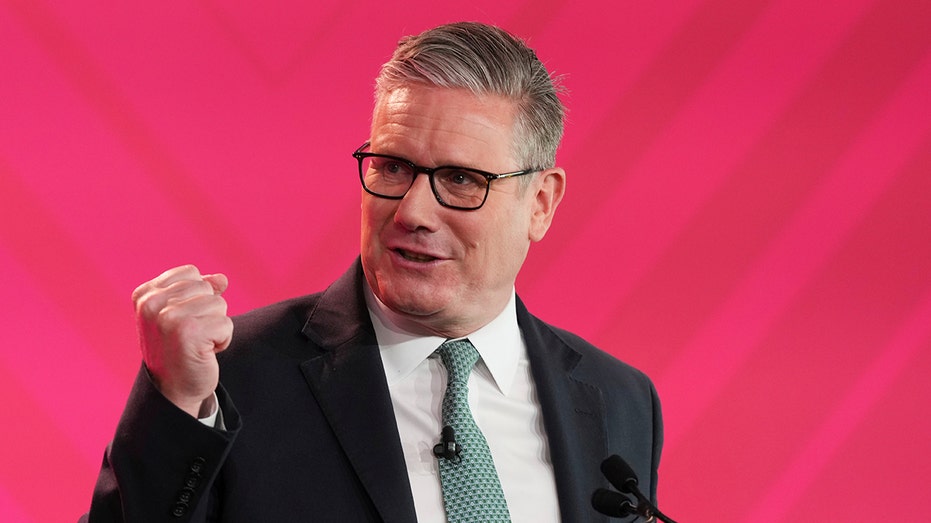
The United Kingdom is lowering the voting age from 18 to 16 for the next national elections, a move criticized by opposition figures as a way to benefit the left. The government, led by the Labour Party, announced this change along with other election reforms, including voter ID extensions and rules against foreign interference. Deputy Prime Minister Angela Rayner emphasized the need to renew democracy due to declining trust in institutions. The decision to lower the voting age was supported by Prime Minister Keir Starmer, who highlighted the contributions of 16- and 17-year-olds to society. However, opposition politicians accused the Labour Party of trying to manipulate the electorate in their favor by lowering the voting age.
The change still needs parliamentary approval but was a campaign promise by the Labour Party, which won the last general election. Rayner pointed out that 16- and 17-year-olds can already vote in Scotland and Wales. The minimum voting age for local elections in England and Northern Ireland remains 18. Rayner argued that the change aims to promote fairness, transparency, and give young people a stake in the country’s future. The move is seen as part of efforts to strengthen the electoral system for the 21st century and ensure democracy is not taken for granted.
📰 Pope demands ceasefire after Gaza’s Catholic church is hit in apparent Israeli strike
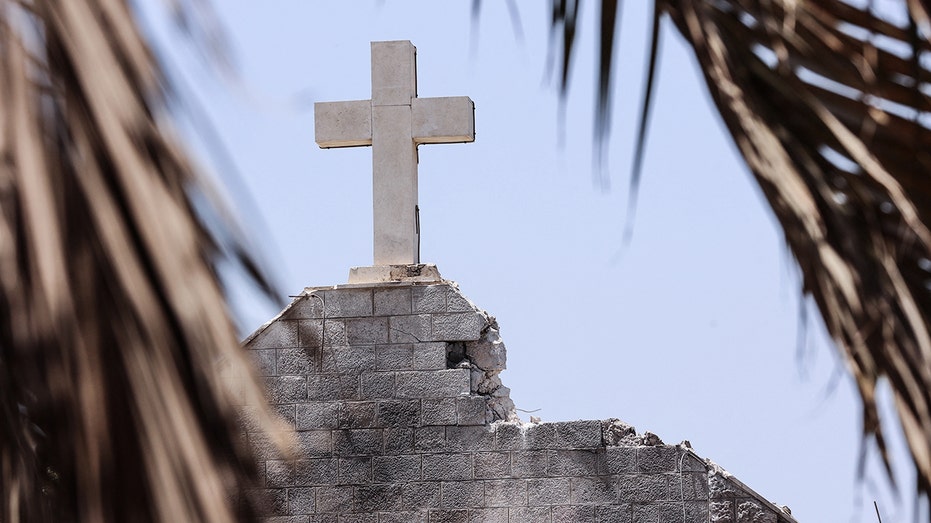
Pope Leo XIV expressed sadness and called for a ceasefire after Gaza’s only Catholic church was hit in an apparent Israeli strike, resulting in casualties. The Pope’s representative, Cardinal Parolin, conveyed the Pope’s condolences and reiterated the call for an immediate ceasefire and lasting peace in the region. Israeli Prime Minister Netanyahu acknowledged the incident as a mistake and expressed regret over the loss of innocent lives. Italian Prime Minister Meloni also condemned the attack and criticized Israel’s actions. The Israel Defense Forces stated they do not target religious sites and are investigating the incident to prevent harm to civilians and holy places.
The State Department condemned the attack on the church, with Press Secretary Leavitt stating it was not a positive reaction from the President. Netanyahu’s office expressed regret over the incident and emphasized Israel’s commitment to protecting civilians and holy sites. The IDF acknowledged the reports of damage to the church and reiterated their dedication to safeguarding religious freedom for all faiths.
The Latin Patriarchate of Jerusalem reported that the parish priest of the community sustained light injuries in the attack. They condemned the incident and expressed condolences to the affected families, emphasizing the sanctity of innocent lives and sacred places. The community within the Holy Family Compound sought refuge in the church amid the horrors of war, hoping for safety after losing their homes and possessions. The Latin Patriarchate called for prayers for the wounded and swift recovery, denouncing the targeting of civilians and sacred spaces.
📰 Russia threatens West with ‘preemptive strikes’ as NATO looks to deliver Patriots ‘as quickly as possible’
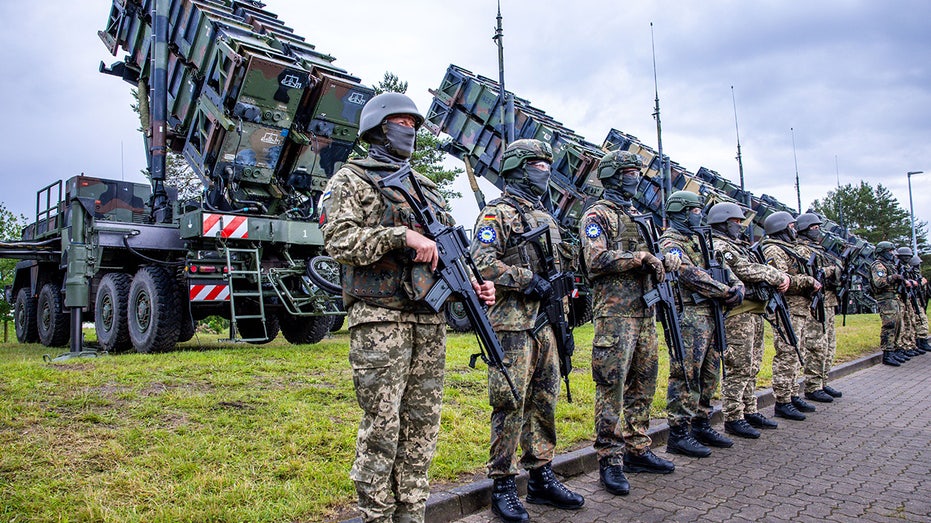
Former Russian President Dmitry Medvedev suggested that Moscow should consider launching preemptive strikes against the West in response to increased support for Ukraine from the U.S. and NATO. President Trump announced secondary tariffs on Russia and hinted at the possibility of Ukraine attacking Russia’s capital during a call with Ukrainian President Zelenskyy. The U.S. plans to send Patriot missiles to NATO nations for eventual delivery to Ukraine, although the specifics of the shipment remain unclear. Medvedev criticized NATO’s actions, calling it a full-scale war against Russia. Despite the efforts, some EU leaders and Zelenskyy expressed concerns about the effectiveness and speed of the response to Russia’s aggression.
0개의 댓글